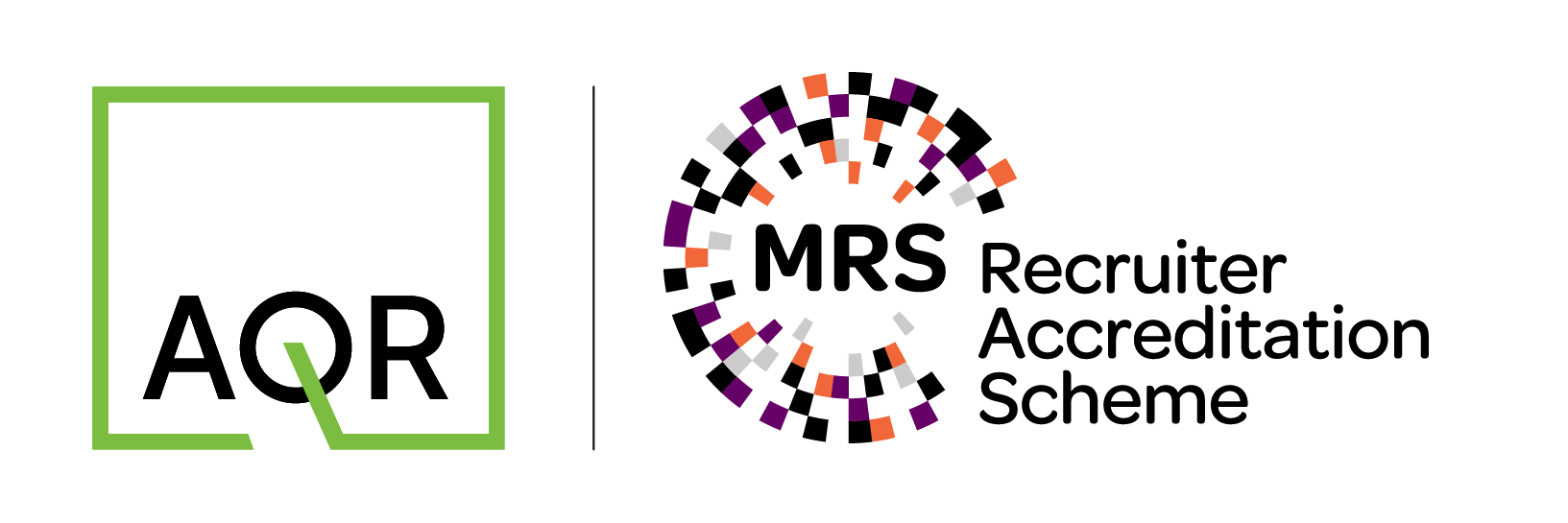All MRS websites use cookies to help us improve our services. Any data collected is anonymised. If you continue using this site without accepting cookies you may experience some performance issues. Read about our cookies here.
To enlarge video please either pause the video and then press the F key on your keyboard or select full screen button option located on the bottom right of the video.
You are currently not logged in. Any progress made will be lost.
Venues
There are different venue requirements depending on the type of venue being used:
Hostess homes
- You may use your home or a hostess venue for hosting research as long as it is suitable e.g. has suitable access if any participants have mobility restrictions.
- Identify any parking restrictions and advise participants accordingly.
- Seek advice about public liability insurance before using a venue for research.
- Your role or your hostess’s role is vital. If you have agreed to hostess do not delegate it to partners, children or friends. You need to be there to welcome people, organise refreshments, keep waiting participants happy and most importantly contact participants who haven’t arrived.
- Any room that is used to hold a research session must be a separate private room which is isolated from other rooms to avoid interruptions.
- If there is a telephone in a room unplug it (with permission) otherwise calls coming through will disturb the session. On arrival moderators may need to arrange their materials and prepare themselves. Participants should be assembled in another room until moderators are ready to start. Where there are second groups, participants should not be able to overhear moderators in other rooms or see any ads or display material before the research starts.
- Once in progress, research sessions should not be interrupted unless participants are running late and moderators have instructed you to bring them in.
- Ensure that every participant signs a signature sheet to confirm receipt of their incentives. This must be done just before participants depart and most moderators will have their own signature sheet for this purpose.
- Refreshments are usually served to participants on arrival while they are being assembled or sometimes served in the location for research sessions before moderators begin any research. Please check with clients prior to conducting any research to confirm what refreshments need to be provided and the arrangements for doing so. Always check the dietary requirements of participants especially if they have any allergies, intolerances, are vegetarian or vegan, or have specific cultural and/or religious dietary requirements
Hotels and meeting rooms
- As a recruiter you are not usually expected to book hotels or meeting rooms although you may be asked to recommend venues that you have used before.
- It is advisable not to send participant profiles to hotels or meeting rooms as you won’t have a contract with them and if there is a data breach you, as the data controller, would be responsible.
Viewing Facilities
- As a recruiter you are not expected to book viewing facilities.
- It is advisable not to send participant profiles to viewing facilities as you won’t have a contract with them and if there is a data breach you, as the data controller, would be responsible.
Observers
- Whatever venue is used participants must be told about any proposed observation both at recruitment and before an observed research commences. If there are to be observers from an end client, but the end client wishes to remain anonymous, participants must be told this at the recruitment stage. Participants can then decide if they wish to take part on this basis.
- Where the sample universe is small, e.g. in business-to-business (B2B) or employee research, issues of identification may need to be taken into account to prevent adversely affecting participants’ interests and/or wellbeing. In these circumstances, the MRS Code of Conduct applies:
There are some situations where observers could adversely affect participants’ interests and/or wellbeing and in such circumstances, members must
a. ensure that participants are told at an appropriate stage the identity of any observer who might be present during the exercise.
b. where observers may know participants, ensure that participants are informed before the start of the data collection that they are to be observed, with a warning that the observers may include clients who already know them.
c. where observers know, or are likely to know, participants, ensure that observers are introduced before the data collection begins and participants are given a chance to withdraw.
Resources


